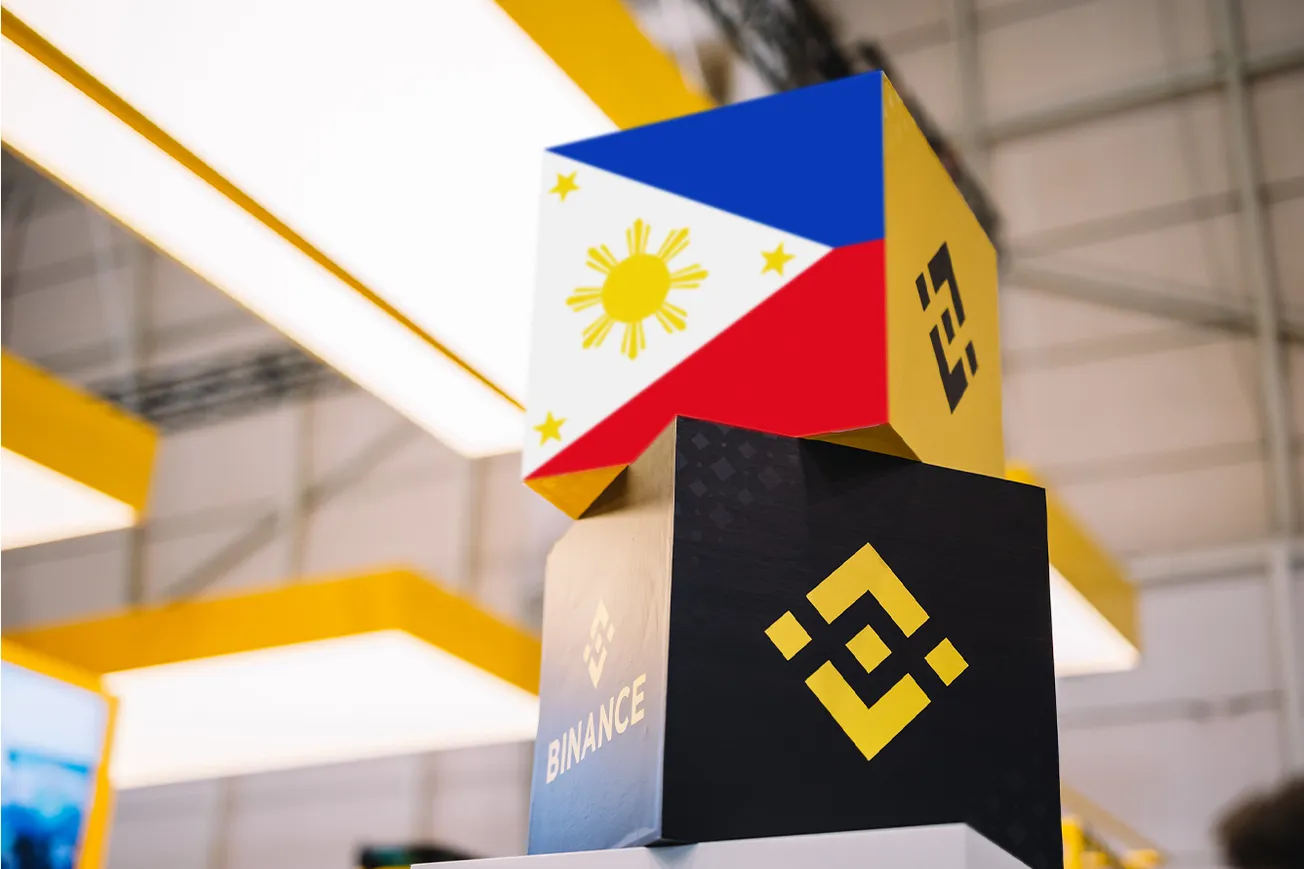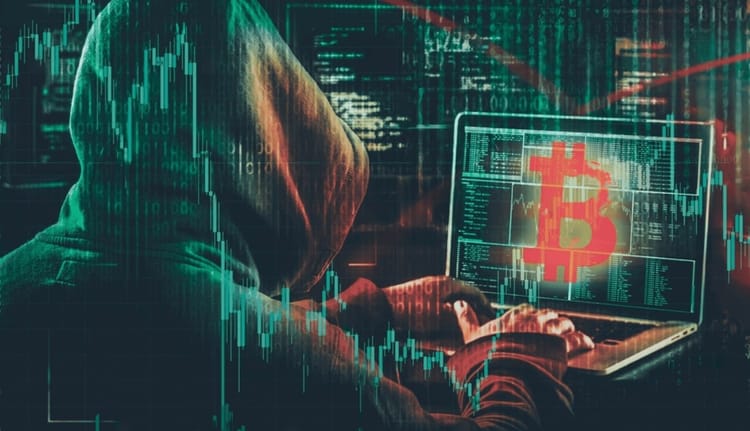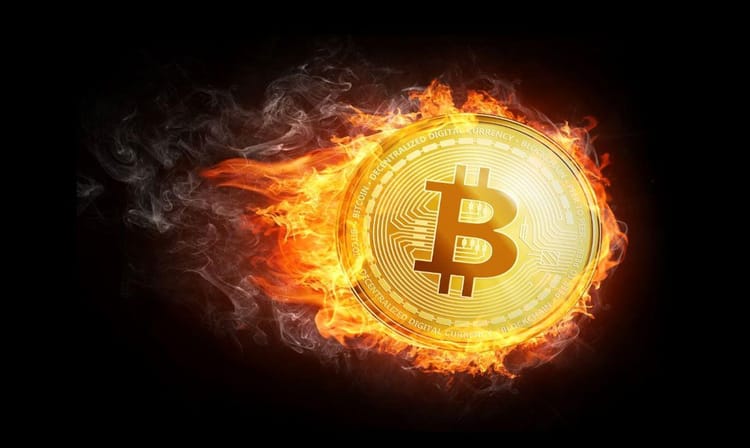Philippines' SEC Moves to Ban Binance

Binance, the world's largest crypto exchange, hit a roadblock in the Philippines after the Securities and Exchange Commission (SEC) issued a statement blocking the website. In November, the SEC warned that the company was operating in the country without the necessary licenses.
The Philippines' Securities and Exchange Commission (SEC) has moved to formally block local access to Binance, the world's largest crypto exchange. In a press release posted on March 25th, 2024, the country's regulator officially announced that it's proceeding with its decision to block Binance's online presence in the country.
The SEC has shared that the decision was made in its March 12 meeting, formally requesting the National Telecommunications Commission (NTC) for assistance in blocking the website and other pages associated with Binance, which "was found to have offered a trading platform and investment products without prior approval." The SEC also hits Binance for actively using social media platforms to advertise its platform and its products and services without securing the necessary permits.
In addition to its official website, Binance also boasts an app version that users can download from the Apple Store and the Google Play Store. However, the company has not applied for an SEC license to solicit investments from the public nor to run and maintain an exchange for buying and selling securities, as mandated by the Republic Act No. 8799 or The Securities Regulation Code (SRC).
Binance Philippines- What happens next?

There's no official data on the transactions or the number of Binance users in the country. However, according to multiple sites and a think tank, the crypto exchange has roughly 3.4 million users based in the Philippines. While Binance has not disclosed the total number of Philippine accounts, its exchange is the preferred platform for Filipinos looking to buy, sell, and store their cryptocurrencies. Another Statista survey suggests that 29% of all respondents said they either owned or used cryptocurrencies in 2022, making the Philippines a thriving market for companies engaged in crypto trading, including Binance.
NTC takes action, issues memo to all ISPs
With the SEC's decision, all stakeholders are scrambling to prepare for a new crypto landscape in the country. After receiving the notice from the SEC, the National Telecommunications Commission (NTC) immediately issued a memorandum directing all ISPs in the country to prevent local users' access to Binance.
In a statement, the ISPs were given up to five days after receipt of the memo and submitted a report on their action. The Commission also adds that the order (blocking access to Binance) aims to prevent the "further proliferation of its illegal activities" and to protect the investment public. As of this writing, the official Binance website and its related pages are now inaccessible in the Philippines.
Bitcoin users and retail traders are scrambling to exit
With the ban on Binance, the country's crypto community is now looking at other platforms to continue trading their favorite coins. And some scrambled to liquidate their holdings hours after the SEC officially released a statement. According to some local crypto sites and communities, many vendors in the Binance P2P marketplace are now pricing their Tether's USDT at a 5 to 7% discount as they try to liquidate their positions.
On Reddit, the ph/invest community has been buzzing with speculations and suggestions from traders on how others can address the ban. Many are looking to transfer to another popular international crypto exchange, and others are looking at local crypto exchanges to continue trading coins. Other experienced traders and analysts have suggested how local retail traders and enthusiasts can liquidate or move their tokens out of Binance now that the ban is in effect.
In a series of Twitter posts, GCash executive Luis Buenvantura suggested that retail traders download app 1.1.1.1 to bypass the local network and access the Binance platform. He also suggested that traders and investors can sell and rebuy their coins, which may affect the portfolio's total value. Finally, he reminded the local crypto community that there's no technological way for the government to prevent locals' access to their funds.
About Binance
Binance is the largest crypto trader and exchange platform in the world. Founded in 2017 by Changpeng Zhao, it started primarily as a crypto-to-crypto trading platform offering one of the lowest crypto transaction fees. The platform supports trading over 350 cryptocurrencies and virtual tokens, including Bitcoin, Ethereum, Dogecoin, Litecoin, and its digital coin, BNB.1.
Many crypto retail traders prefer using Binance for the simplicity of its platform, high liquidity, and discounts when using BNB, the company's native cryptocurrency token. Binance also offers a secure and safe crypto exchange platform, which boasts high processing throughput and uses multi-tier and multi-clustered architecture.
As the world's largest crypto trader, Binance has continuously faced scrutiny and criticism. For example, in the United States, Binance was the subject of inquiry on its failure to enact anti-money laundering programs, with many pointing to the platform's inability to stop the transfer of terrorist money. Binance CEO Changpeng Zhao was in hot water last year and pleaded guilty to money laundering charges. The company agreed to pay over $4 billion to settle the charges, and Mr. Zhao also stepped down as CEO and agreed to pay $50 million as part of the settlement.
Binance is also scrutinized by regulators worldwide, including the Philippines' SEC. Last year, the SEC warned Binance about failing to secure a license to operate in the country. Before the SEC made the statement, former Binance CEO Changpeng Zhao told the Philippine media in 2022 that the company is considering applying for a virtual asset service provider license. As a virtual assets service provider, Binance may facilitate the transfer and exchange of digital assets while offering more localized products. However, the plan to secure a license did not push through, and Binance is now officially restricted in the country.




